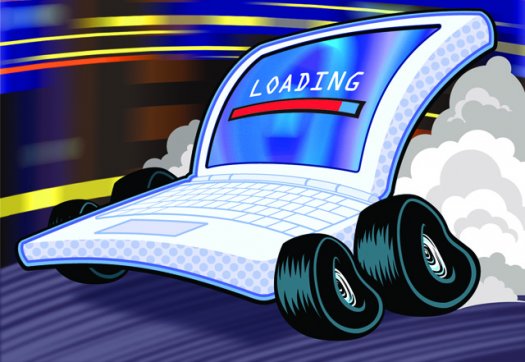How to Make Your Computer Start Faster

There is nothing more annoying then pressing the boot button on the computer and then having to wait for ages before you can finally start using it. You may have tried to get rid of the problem by purchasing the faster processor in the market and increasing the RAM of your computer, but to no avail.
Before you start cursing your computer and making plans to do something extremely brutal to it, you should try making a few tweaks. By making some fine adjustments to the version of Windows running on your computer, you will be able to make your computer start faster. One of the best things about these tweaks is that they are absolutely cost-effective.
Instructions
-
1
Turn your computer on and wait for the Windows to load. Do not let the long booting time annoy you, as your computer would be hopefully testing your patience for the last time.
-
2
Once the Windows start, go to the “Control Panel” and then open the “Performance Information and Tools” window. Look for the “Manage Start up programs” tab and click on it.
-
3
Go through the list of start up programmes, i.e. the programmes that load simultaneously with the Windows, thus making the computer take longer to start. Remove any programmes that do not play any significant role in starting your computer. In order to remove them, right-click them and select the disable or remove option, thus changing their status from permitted to disabled.
Another way of doing this is to click Windows Start menu and launch “Run” from there. Type “msconfig” in the command line to open “System Configuration Utility.” Click on the startup tab and go through the programmes listed there. Uncheck any programme that you do not want to load automatically while Windows is booting up. -
4
Scan the Windows startup folder for any programmes that you do not want to load when Windows starts. Delete any links you see to those programmes.
-
5
Use a registry editor to manage the Windows registry. Use it to analyse the entries and clean up any unnecessary ones that may be slowing up the computer.
-
6
Defragment your hard-disk using the Windows defragmentation tool. It can take from a few minutes to even hours for the disk fragmentation task to complete, depending on the size of your hard-disk. Be patient while you wait for the task to complete.
-
7
Install an anti-virus programme in your computer and run a full-system scan. Take the appropriate action if any threat is detected.







